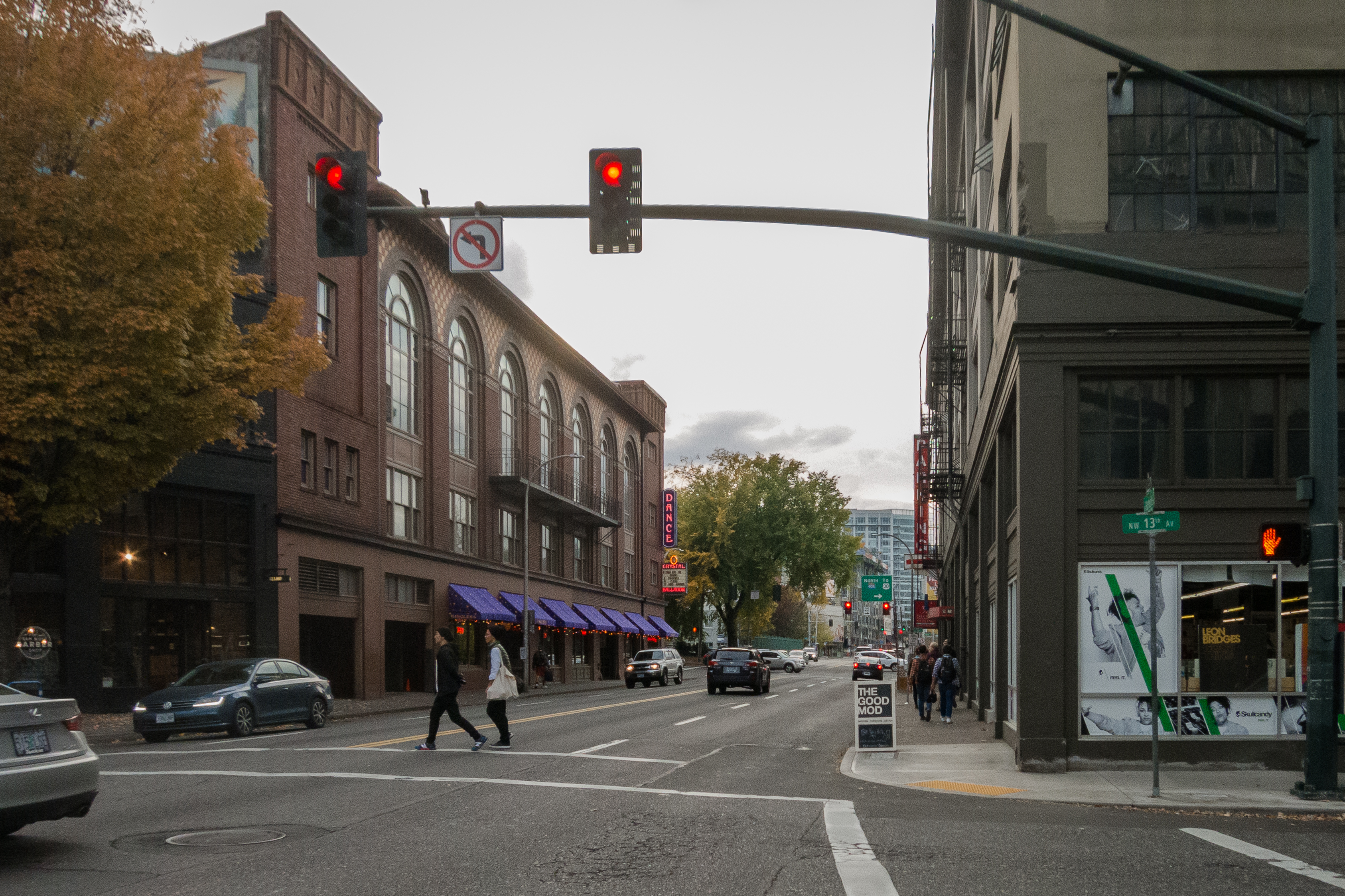The principle that children are born persons was one of the ideas that fueled our family’s homeschool. I wanted to cultivate in my children to love books and ideas, to create with their hands, and to be well-rounded people. Then one day it occurred to me, perhaps because of Mason’s emphasis that the mother should also cultivate her own soul, that I am a person too. And that even in my 30s education could be something that is delightful and soul-filling and not entirely practical. Even as an adult, I was a person and deserved to learn and grow as a whole person.
In American culture we usually see education as a means to an end. Why should you go to college? To get a good job and make a lot of money. Or the argument to not go to college? Well, you can have a good job without college, so why bother? This pragmatic thinking has resulted in cutting humanities programs in colleges and universities — and even the removal of art, music, or recess in some K-12 public schools. After all, the argument goes, these activities “take away from instruction time.” But if we move away from a pragmatic, utilitarian understanding of education, one where school is for a job, then we have more room to cultivate children as whole persons no matter what their future job might be.
In a world full of productivity hacks and ways to work faster, we need to stop and think what we’re working for. We need to understand why education matters. And more importantly, we need to understand who we are educating. We need to understand personhood from the Bible. That’s true for my children, and that’s true for me as an adult as well.
Within education, we can pick from a variety of paradigms when it comes to describing who students are. Are they blank slates, meaning that the teacher’s job is to fill the slate? Are they peg boards, and education is to place the hooks for other information to hang from?
Charlotte Mason would have us think of students not as slates or peg boards but as persons. Persons who have dignity because Christ became human. Persons who are not a means to an end. Persons whose goal in life is not to get a good job, but to glorify God and enjoy him forever. Persons who should be filled with beautiful ideas, who make connections first with what is right next to them and build relationships with things and ideas that grow from there.
For children, it means introducing them to the world around them, to the grass and the trees, to see that friends look different from them. From there, their horizons open as they build relationships with new ideas connected to what they already know — through what they can see and touch and read.
As an adult, these are still true! I still get to grow and build relationships with new ideas and develop as a human being. And I get to do so even in ways that are completely impractical, even if my hobby doesn’t become a side hustle. Education and learning help us to relate to the world around us in better ways, fueling our soul to know Jesus and make him known in new ways, building us up as well-rounded persons.
So go and read a book full of beautiful ideas. Fuel your soul not just for the work that has to be done but for the whole life that you get to live.
Because God made you a person.





No comments have been added.